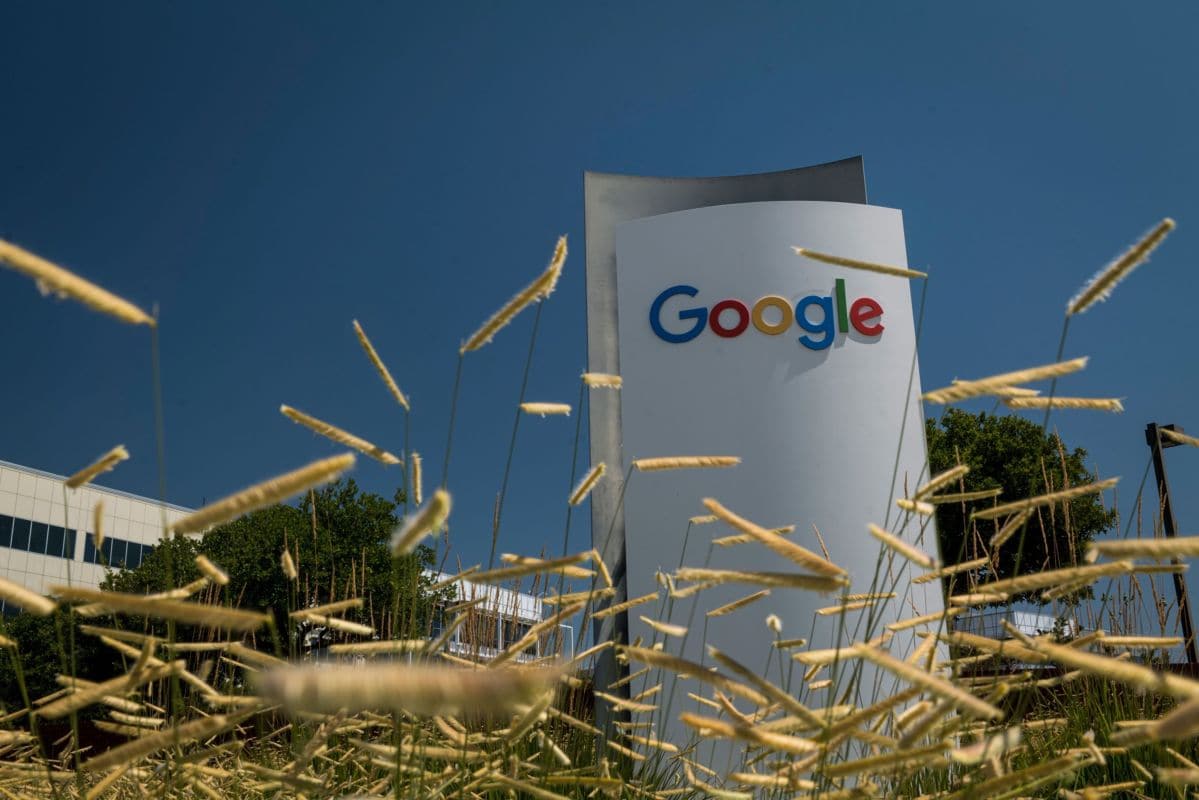In a setback for Google, an appellate tribunal on Wednesday refused an interim stay on the competition regulator imposing a Rs. 936-crore penalty on the US tech giant for abusing its dominant position in the market.
The National Company Law Appellate Tribunal directed Google to deposit 10 percent of the fine that was slapped by the Competition Commission of India in a case related to its Play Store policies.
A week back, Google failed to get relief from the NCLAT on a separate Rs. 1,337.76 crore fine imposed by CCI on alleged abuse of the dominant position that the US tech giant has in the Android smartphone operating system in the country. It was asked to deposit 10 percent of the fine within four weeks.
Google challenged that order before the Supreme Court, which agreed to hear it on Monday.
While in the first case, CCI had in October last year asked Google to allow smartphone users on the Android platform to uninstall apps and let them select a search engine of their choice, the regulator had stated that the company to take corrective steps on policies that forced developers to use Google Play’s billing system to list their apps on its Play Store.
A two-member bench of NCLAT comprising Justice Rakesh Kumar and Alok Srivastava on Wednesday issued notices to CCI and posted the matter for hearing on April 17, 2023.
A mail sent to Google for comments did not elicit a response.
Senior advocate Harish Salve said that the US firm has appealed the Play Store and Android decisions because the Commission failed to account for the adverse impacts on users, developers and manufacturers.
Google will, in the hearings before the NCLAT, endeavour to establish that the CCU’s directions put in peril technology, security and the choice that Play and Android provide.
It will also endeavour to establish that the Commission failed to consider the benefits of Play and Android to Indian end-users, including benefits such as enabling mobile access (and thereby furthering the goal of increased teledensity, which is at the heart of the push for Digital India) as well as protecting end-users from malware and abusive billing practices.
Google’s business model for its Play Store is linked to the business model of the app developers. When app developers distribute their apps for free, there is no charge. Where the app developers sell their apps or sell digital content within the app to the end-users, Google receives a service fee.
This, Google says, has been done for technical, security and commercial reasons.
On October 25, CCI imposed a penalty of Rs 936.44 crore on Google for abusing its dominant position with respect to its Play Store policies. The regulator had also directed the company to cease and desist from unfair business practices as well as carry out various measures to address the anti-competitive issues within a defined timeline.
Google had subsequently said it is “pausing” enforcement of the requirement for developers to use Play’s billing system for the purchase of digital goods and services for transactions by users in India while it reviews legal options, in the aftermath of the recent ruling by the CCI.
“Following the CCI’s recent ruling, we are pausing enforcement of the requirement for developers to use Google Play’s billing system for the purchase of digital goods and services for transactions by users in India while we review our legal options and ensure we can continue to invest in Android and Play,” Google said in an update on help centre page on November 1.
The search engine giant has faced criticism globally for mandating software developers using its app store to only use its proprietary in-app payment system that charge a commission of up to 30 per cent on purchases made within an app.
Google is also facing a separate probe into its business conduct in the news content and Smart TV market in India.
Following the landmark rulings by CCI, Google filed appeals before the NCLAT against the two orders.
Check out our Latest News and Follow us at Facebook
Original Source

